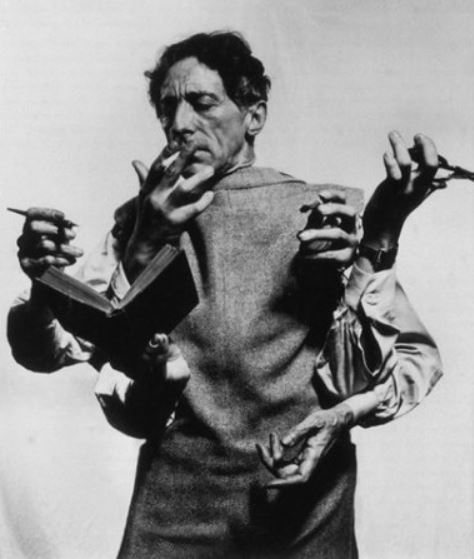
The evolution of hair and beards
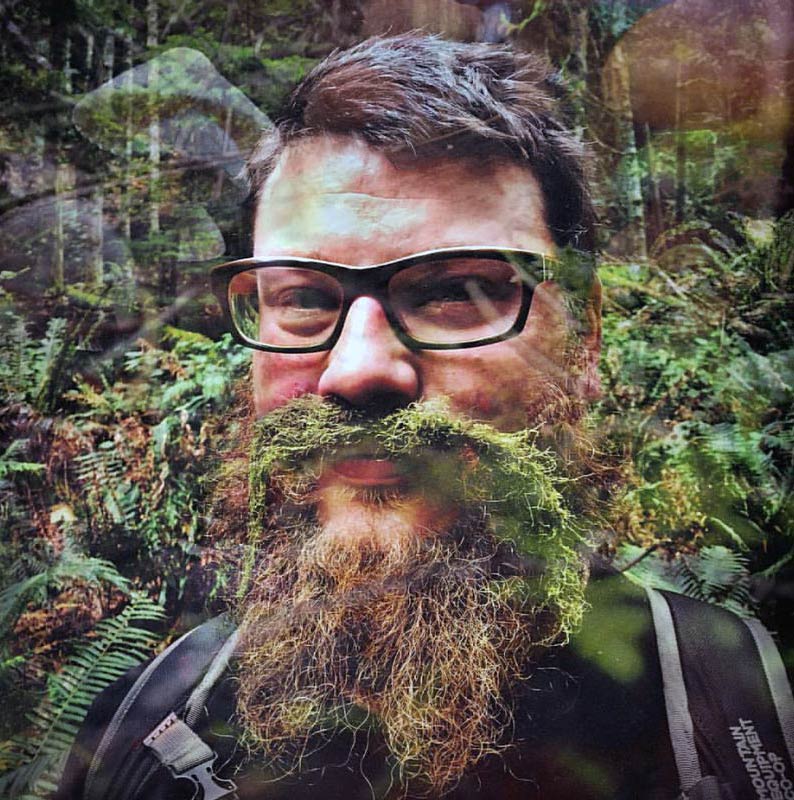
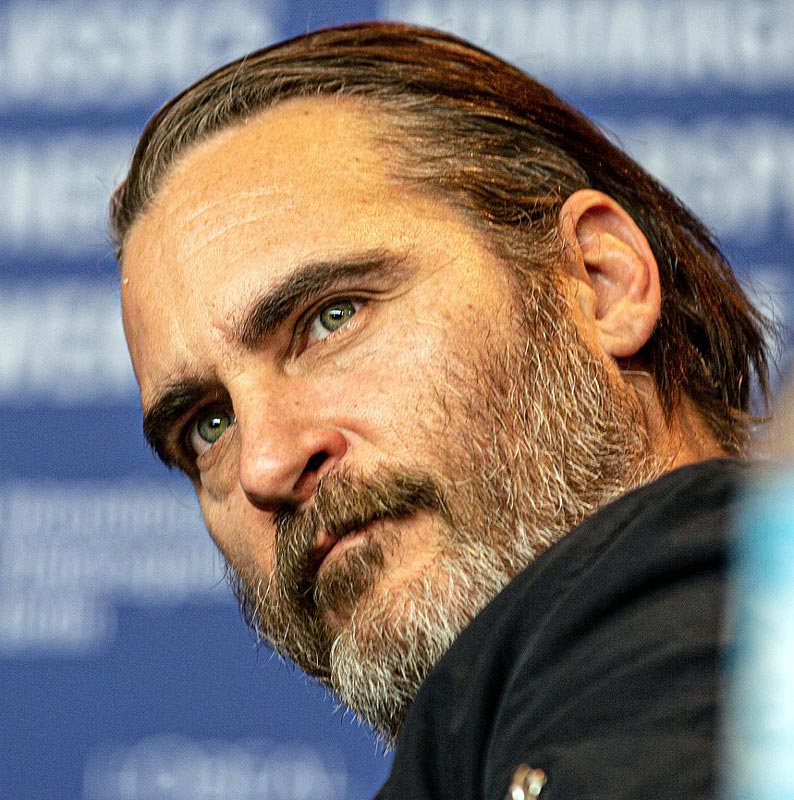
The attractiveness of beards
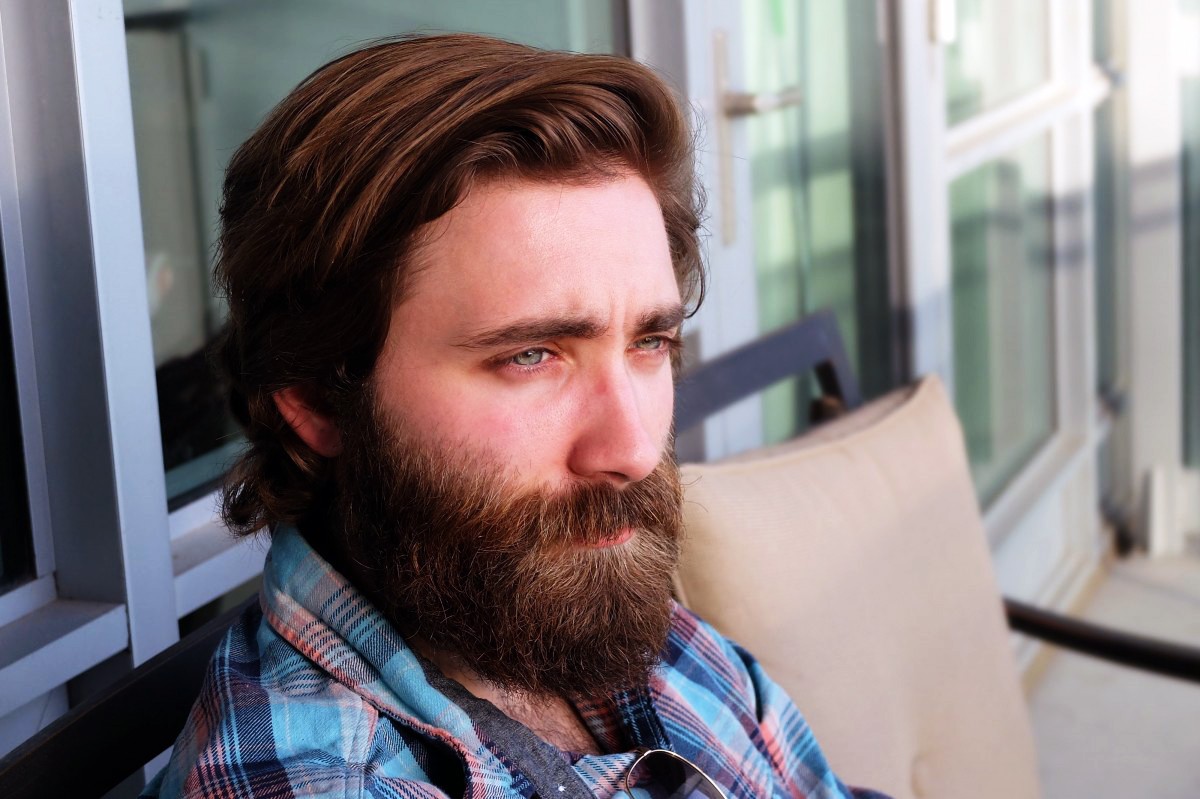
The protection of health by beards
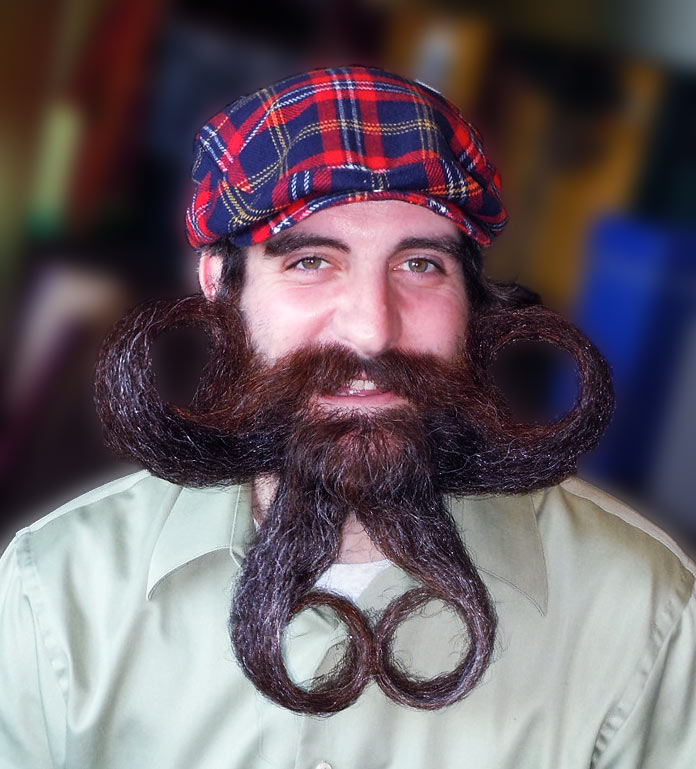
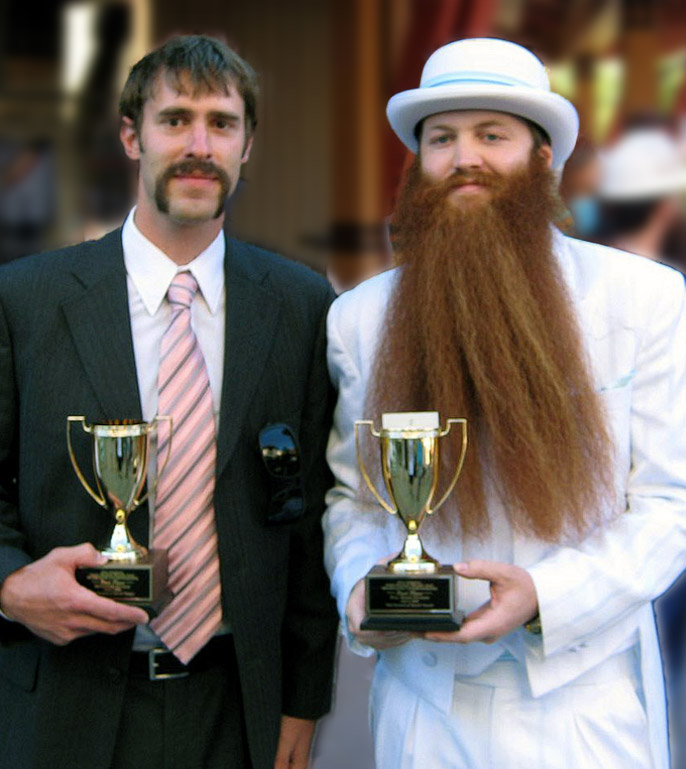
Embracing the beard
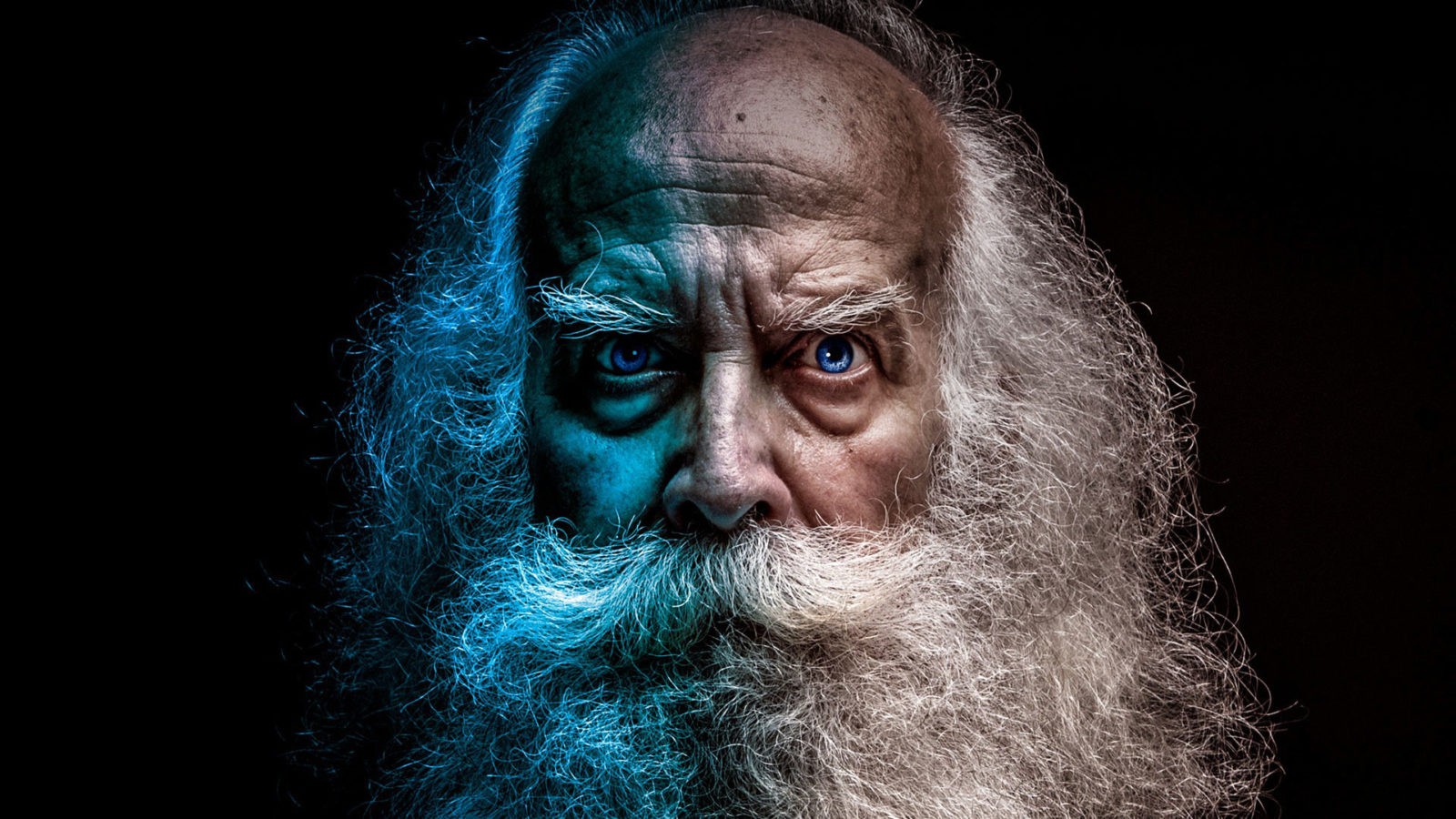
By Dr Andreas Ebertz
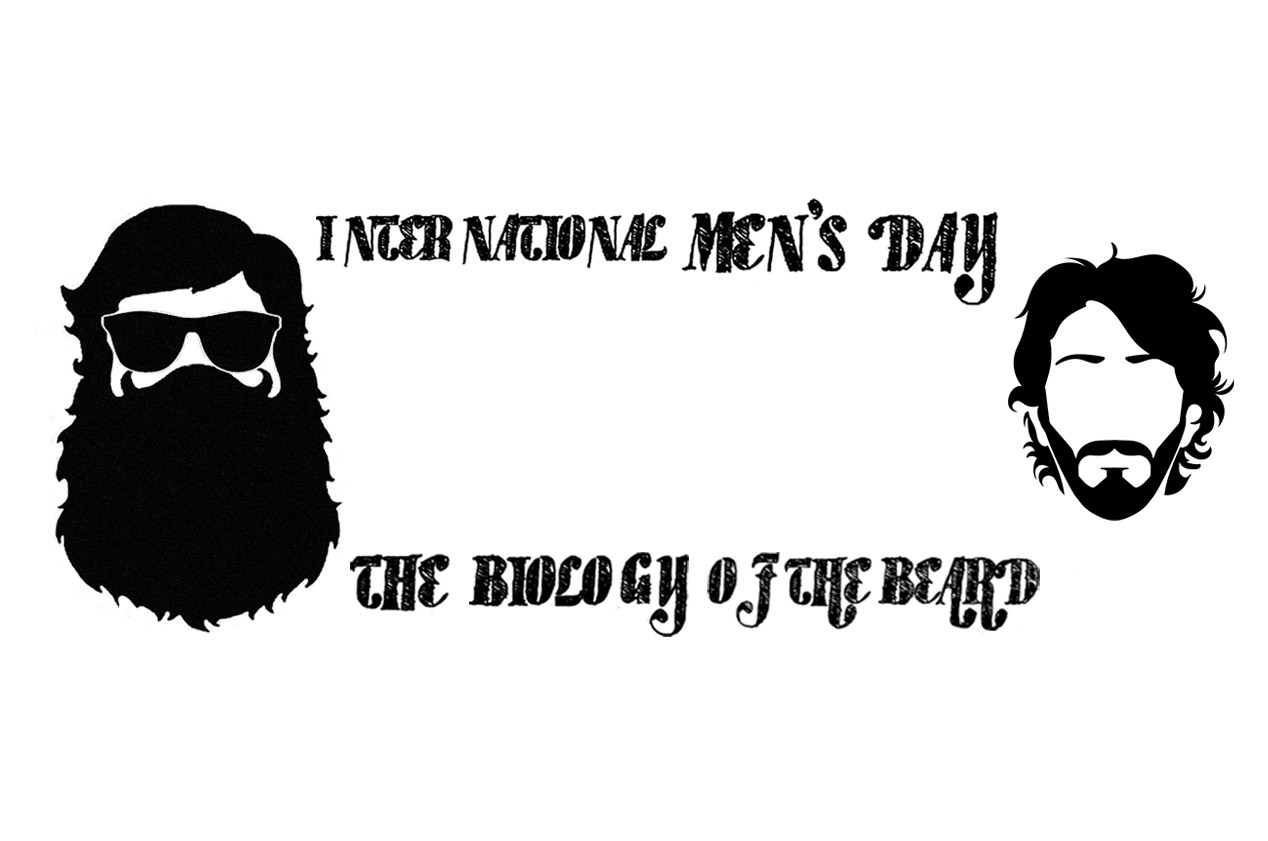

There is always a period when a man with a beard shaves it off. This period does not last. He returns headlong to his beard.
– Jean Cocteau
For International Men’s Day and in line with “No-Shave November”, we have a closer look at the male beard…
Why don’t humans have much more body hair or even fur? Chimpanzees, our closest living relatives, certainly do. And, even though all humans have facial hair, why do only adult men grow beards?
There are several hypotheses regarding the evolution of human hair and beards. One hypothesis states that less body hair, along with an increase in sweat glands, was an evolutionary advantage for our ancestors in Africa’s dry savannah regions when they migrated out of the cooler jungle (the body-cooling hypothesis). Another hypothesis suggests that humans lost their body hair to eliminate ectoparasites such as ticks and lice and thereby reducing infectious diseases (Pagel and Bodmer, 2003).


But what about the male beard? Having facial hair could have been an advantage for camouflaging during hunting. Beards break up the outline of the head and face, and may allow for blending in much more with the surrounding area. Beards could also represent a structural protection for the vulnerable neck and face areas during intra-species fights for dominance, as observed for male lions (Blanchard, 2009).
In intra-species fights that have accompanied us throughout evolution, the head is usually the main target. In hand-to-hand fights, the lower jaw is the bone of the head that is mostly fractured. The evolution of the male beard could have been, in parts, driven by the necessity to protect the jaw during hand-to-hand combat (Carrier and Morgan, 2015; Beseris et al., 2020).
Another evolutionary explanation for the existence of beards could be the signalling of age and sexual maturity. A long beard indicates good fitness and long survival, which in turn would make the man more desirable as a partner (Zahavi and Zahavi, 1997).
A 2016 study with more than 8,500 female participants found that men with beards are preferred by women for long‐term relationships over men with clean‐shaven faces. They were judged to be more attractive. In contrast, stubbles (5 to 10 days of regrowth after shaving) were, overall, perceived as more attractive for short‐term relationships compared to full beards. It has been hypothesised that beards, as a secondary sexual trait, are strongly linked to signalling of social dominance and age, and indicate successful competition with other males for resources. Furthermore, beards could conceal masculine facial shapes that are perceived as less attractive for long‐term relationships (Dixson et al. 2016).

Beards are the source of antibiotics that could contribute to staying healthy… at least in hospitals. In a study with more than 400 hospital staff members, it was found that men with beards were about three times less likely to be colonised by methicillin-resistant Staphylococcus aureus (MRSA) on their cheeks compared to clean-shaven men. This could be due to micro-abrasions caused by shaving that support colonisations and proliferation of bacteria. MRSA is resistant to many currently used antibiotics and represents a dangerous source of nosocomial infections (originating in hospital).
Does this mean that men who work in health care or in a lab that handles microbes should grow a beard? It does not! The study showed that, overall, microbial colonisation and proliferation on the facial skin of men with or without facial hair is quite similar. Only certain species such as MRSA seem to be less frequent on facial skin of bearded men (Wakeam et al., 2014).
Nevertheless, beards also protect the skin beneath very well and can block a high amount of UV radiation (Parisi et al., 2012).


Embrace “No-Shave November”, get beard oil, grow a magnificent beard and enjoy the day. International Men’s Day is dedicated to honour the positive value men bring to the world, and to raise awareness of men’s well-being.
Addendum: Did you know that the fear of beards is called pogonophobia?

By Dr Andreas Ebertz
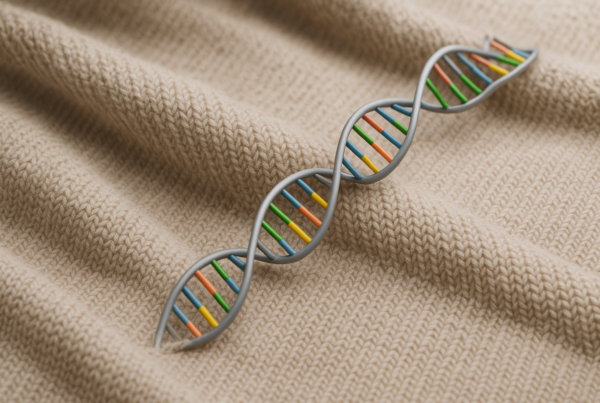 Eurofins ProjectsScience News
Eurofins ProjectsScience News
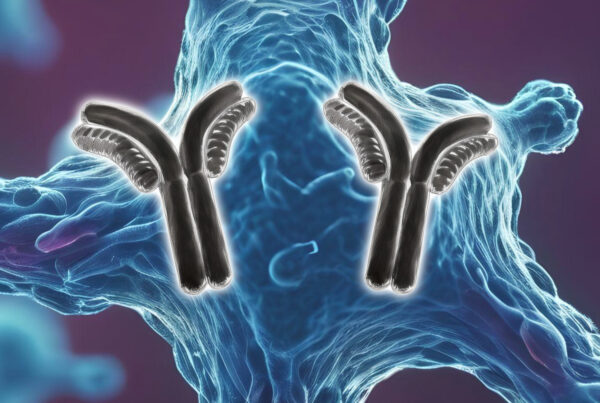 Science NewsTechnology
Science NewsTechnology


One Comment